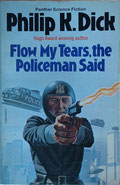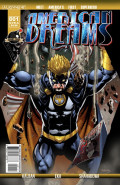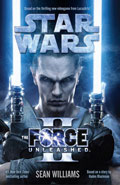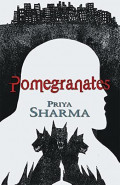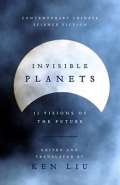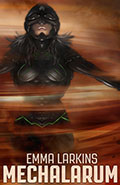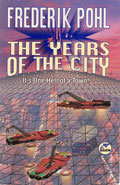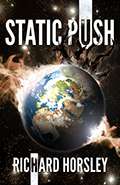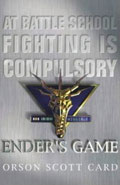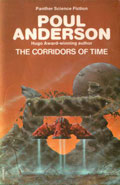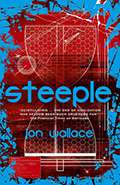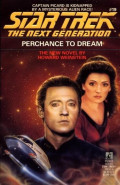Migration
By Daniel David
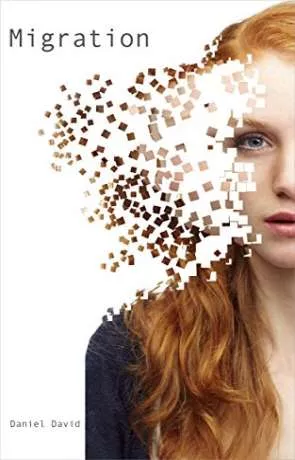
- Migration
-
Author: Daniel David
-
Publisher: CreateSpace
- ISBN: 978-1535374699
- Published: July 2016
- Pages: 278
- Format reviewed: Paperback
- Review date: 19/10/2016
- Language: English
What if our day to day behaviour was recorded, analysed and mapped to create a copy of us in a digital utopia? How would this new reality transact with our own where people need to be born and grow up before they can be absorbed? What would the consequences be for those left behind?
Migration tells the story of individuals caught up in the process of transitioning to a new digital reality controlled by the artificial intelligence, AarBee. David uses several popular tropes from different science fiction stories to construct his own premise. Firstly, AarBee’s new state as revealed in the beginning of the book is the product of the computer refining itself and achieving a new state of self-awareness, which might be compared with Skynet, The Matrix or the Borg. Secondly, the concept of developing a digital image of a person, with all their inconsistencies and this being born into a digital world has been explored recently by Hanu Rajaniemi, E. M. Faulds, John Scalzi, Ken Liu and many more before that.
However, this isn’t to say Migration is derivative. Far from it. David’s writing is strong and his story finds its own comment amidst these and other works. The key scene that remains vivid long after the read is over, deals with the aftermath of this transformation. David uses another known fiction technique to revisit similar circumstances from a different perspective. We are part of this aftermath early on when introduced to Mo and Raleigh, workers in the processing factory and return to the same situation with Sarah, when she makes the transition from real life to the digital world.
David plays several social comment cards in his story and sounds the bell of doom to herald our ignorant sleepwalk into a total reliance on technology to exist. The society of Migration is divided into three distinct layers: Those who have transferred and return to visit their friends and family in the real world, those who aspire to transfer and are part of the new rat race, working to purchase their immortal digital souls and those who are rejected or reject this aspirational ladder, living as invisible and ignored citizens in a stainless steel world that ignores them or on the fringes in the forest, returning to a different type of existence.
The change in AarBee and the subsequent war within its infrastructure over its priorities signals the end of utopia and the move towards dystopia. Zoe, Sarah’s daughter rejects the former at the same time, and is caught up in events as the artificial intelligence becomes more militaristic in its dealings with humans.
David is quite prepared to sacrifice his characters to ram home the stark hopelessness of the situation humanity has sleepwalked into and this, along with the carefully crafted identification and empathy he lays down to connect them with the reader, makes each death all the more chilling. Often this is done whilst the character holds the viewpoint, bringing the visceral powerlessness of horror to Migration’s cold and uncaring depiction of our future. There is a sense of life goals being extinguished, ambitions and agendas being destroyed, meaning the potential narratives of the story in the mind of the reader are wounded by each death.
However, the third act of Migration, a moment of confrontation between AarBee’s new personality, the free humans, AarBee’s old self and a variety of other characters, has a sense of inevitability to it. Unlike other stories, including some of those mentioned, which use the resolution to shift expectations, and resolve a binary with a third solution, David sets up loose ends for a sequel and bludgeons down much of the resistance. This is a bleak conclusion, which has its place, certainly, but also serves to give the reader pause. Why would you read on, when you know the author is prepared to crush your hopes? Some writers resolve this dilemma in the clever ways they connect you with characters, allowing some to die, whilst carefully building others so you believe they are more special and will not suffer the same fate. In Migration, you get less sense of this protection, making you wary for everyone.
Migration is an excellent story, questioning our apathy about the technological trappings of modern society and providing a nightmare scenario for where they might lead.
Written on 19th October 2016 by Allen Stroud .
